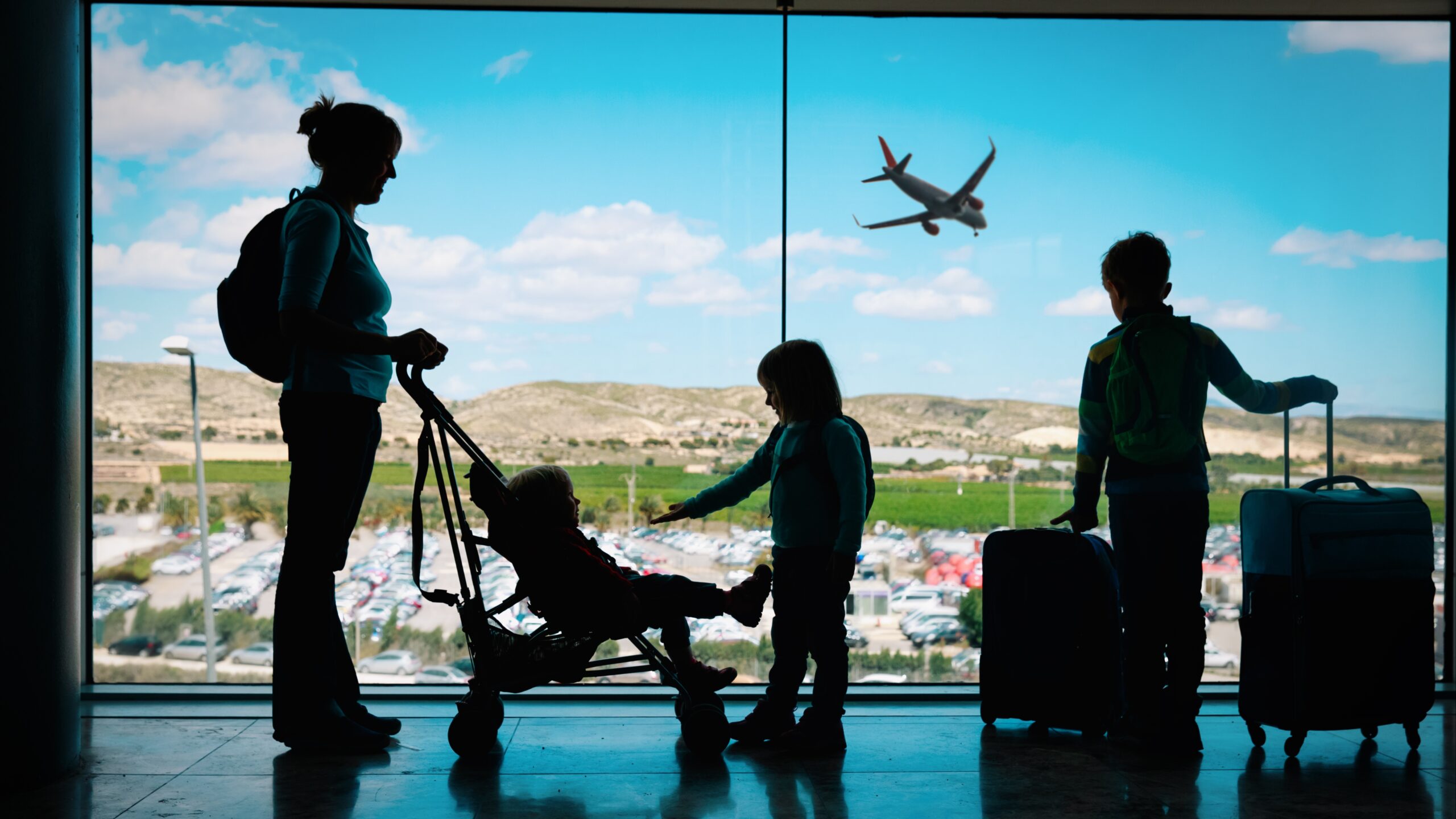
Though it presents its own challenges, family travel can be an amazingly enriching experience for you and your children. Traveling with your kids creates memories that will last a lifetime and an enduring love for learning about new places, cultures, and ways of life. Travel is something that will undoubtedly give your kids a different perspective on the world outside of their own life, and it's totally worthwhile. No matter what the sitcoms and slapstick films try to tell you, traveling with your kids can actually be fun!
More from MamásLatinas: Fun ways to keep your kids entertained during a road trip
Of course, how you travel will be different than before you had kids, and how you travel with your kids at different ages and stages will vary, but there are certain things you can do to make the experience as seamless and pleasant as possible for everyone, no matter your mode of travel, where you go, or how long you're away.
So if you and your family are ready to take on the world together, click through our gallery to see 40 indispensable tips and tricks for traveling with your kids. We've broken everything down by different age groups–from infancy all the way through the teen years–so you can read just what you need now and save the rest for later.
Infants: Take them early and often.
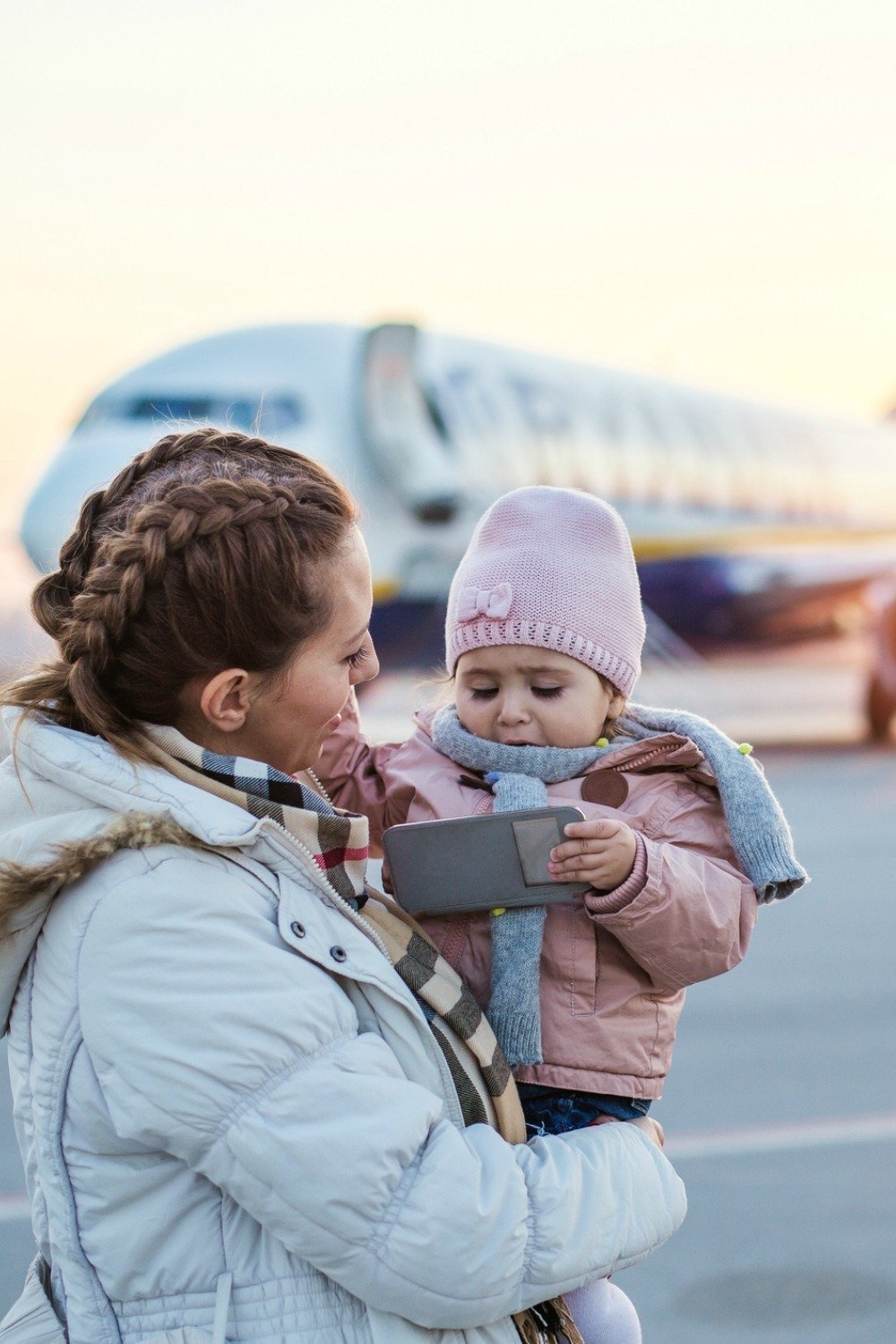
Disruption to the routine is the main reason that infants struggle with travel. But if you start them young and travel often, they'll be accustomed to occasional disruptions and will be much more likely to go with the flow because they'll have learned how to sleep and eat well on the go from an early age.
Infants: Don't forget the essentials.
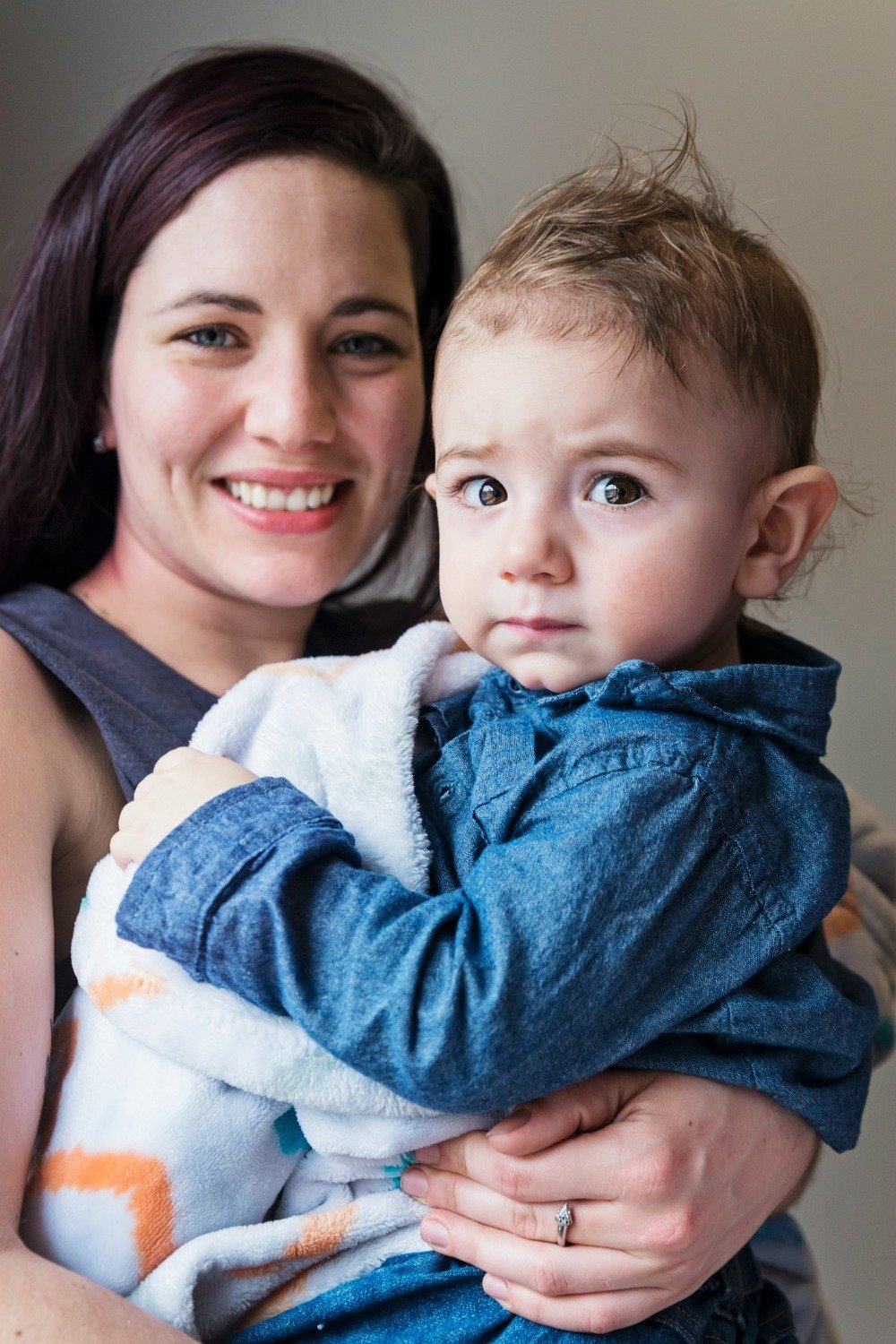
When babies are really young, it's important to bring along anything that might make the travel experience a little more pleasant and for you and baby. A favorite blankie, special toys, board books, a baby carrier, even a portable white noise machine. It's totally worth bringing whatever comforts your baby.
Infants: Consider sleeping arrangements.
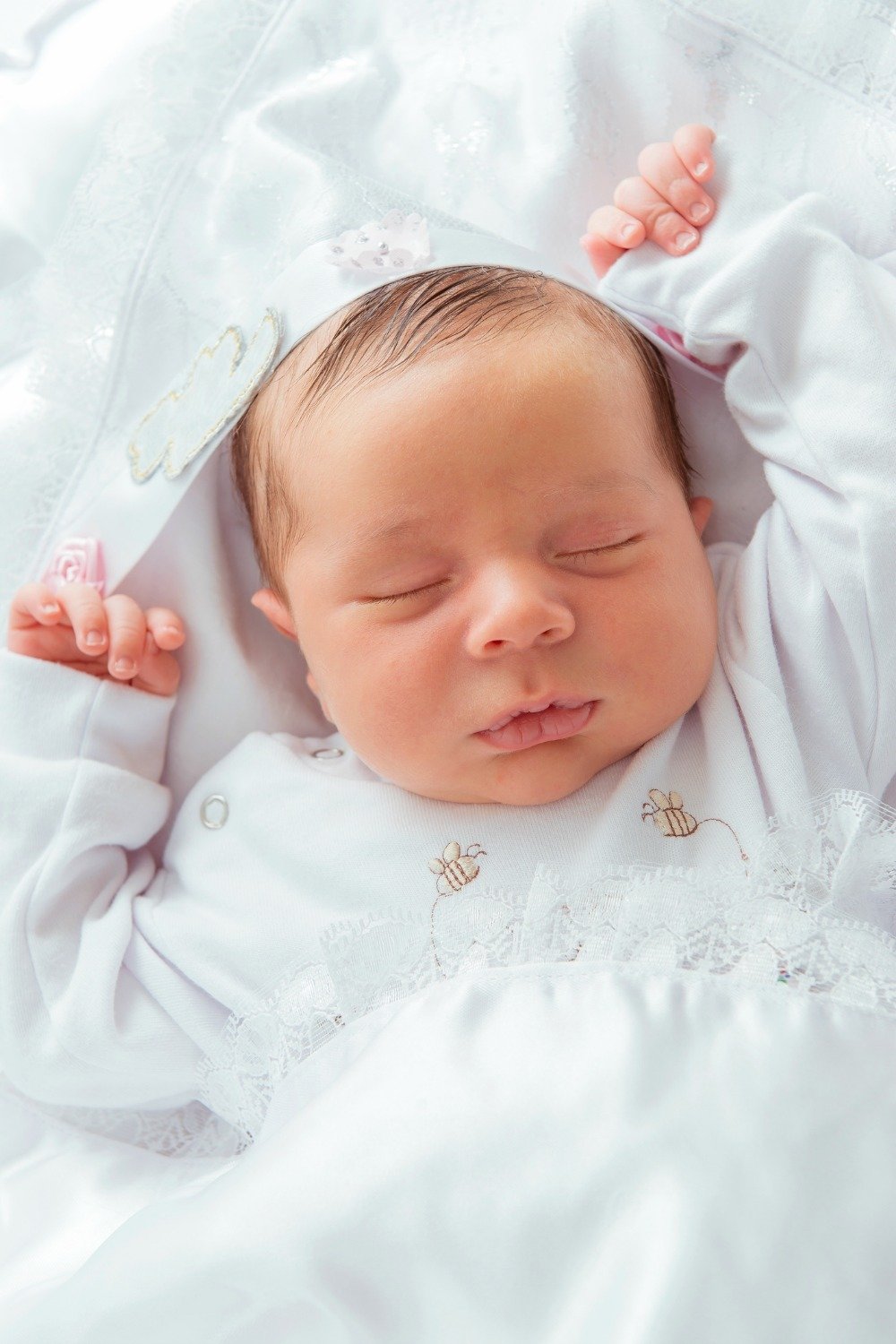
If you're not a co-sleeping family, you should strongly consider booking accommodations that allow you to sleep in a separate space from your baby. Your smell or slight noises could interrupt your baby's sleep, which can add up over a few days to one overtired and cranky baby. Even a large bathroom or closet will work in a pinch, but these days I try to always book a room that has a living room and a bedroom with a functioning door in between, so my husband and I can sleep in one area and the kids in the other.
Infants: Try to get an airplane bassinet.
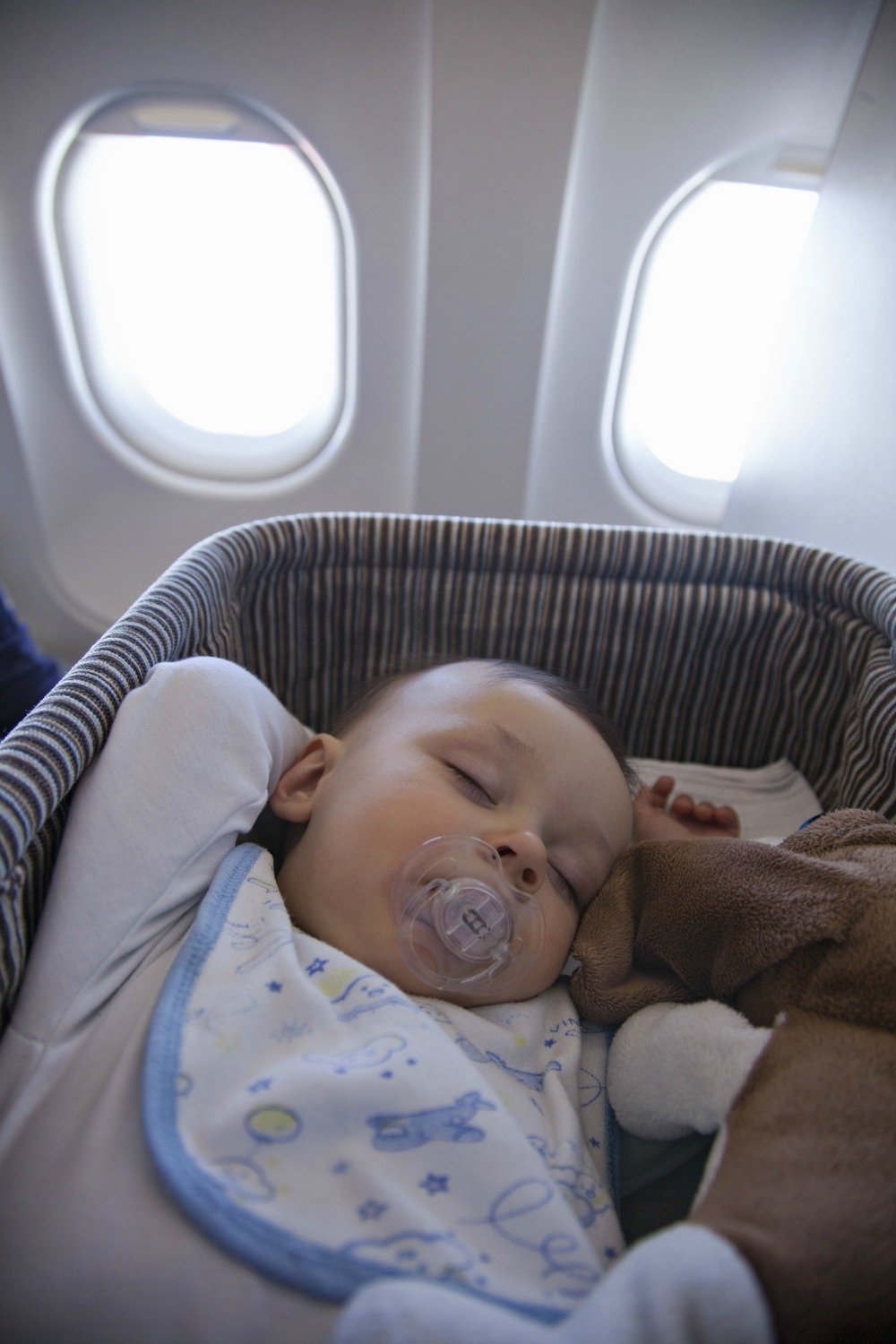
Many airlines have little bassinets that attach to the wall of an exit row seat available, particularly for international flights. When you book your flight, call and find out if you can reserve one. It's the perfect place for young babies to nap, and even if you they don't sleep you can sit them there for play time or to give your arms a rest.
Infants: Check your car seat for free.
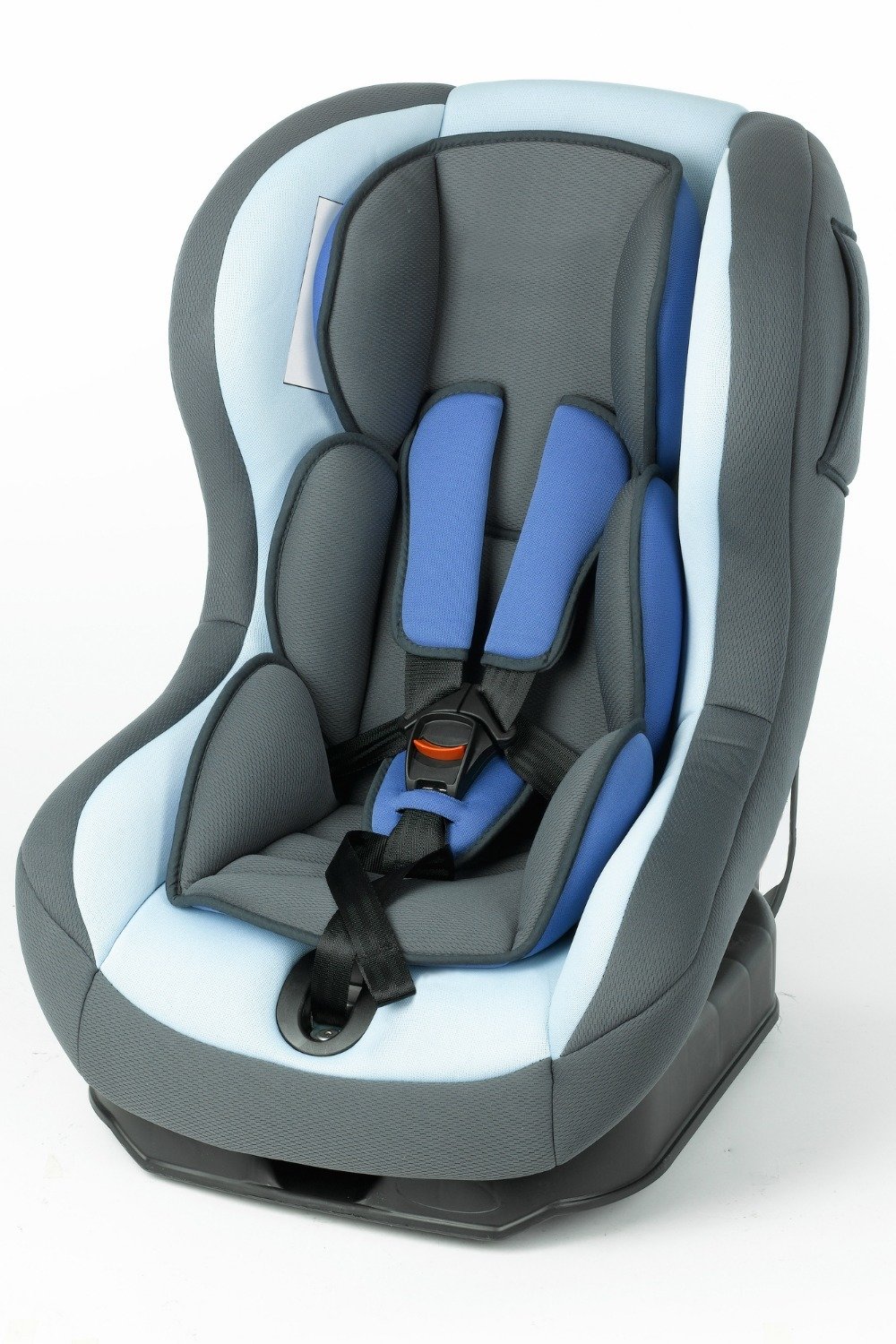
Most airlines will check car seats for free, which is great if you will be renting a car or using taxis or Uber at your destination. Plus, if you spend an extra few dollars you can get a car seat travel bag and then you can stash anything that might add extra weight to the rest of your checked baggage in the car seat instead and not have to worry about incurring fees.
Infants: Pack a change of clothes in your carry on.
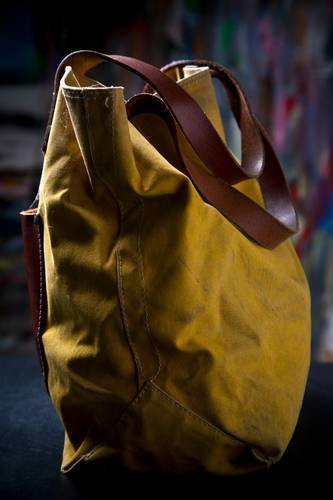
When traveling with an infant, you should always keep a change of clothes for you and the baby and a zip-top bag within arm's reach. If you have to deal with spit-up, a diaper accident, or any other spill, you'll be able to change into clean clothes without having to wait until you arrive at your destination or retrieve checked luggage.
Infants: See if your hotel has cribs.
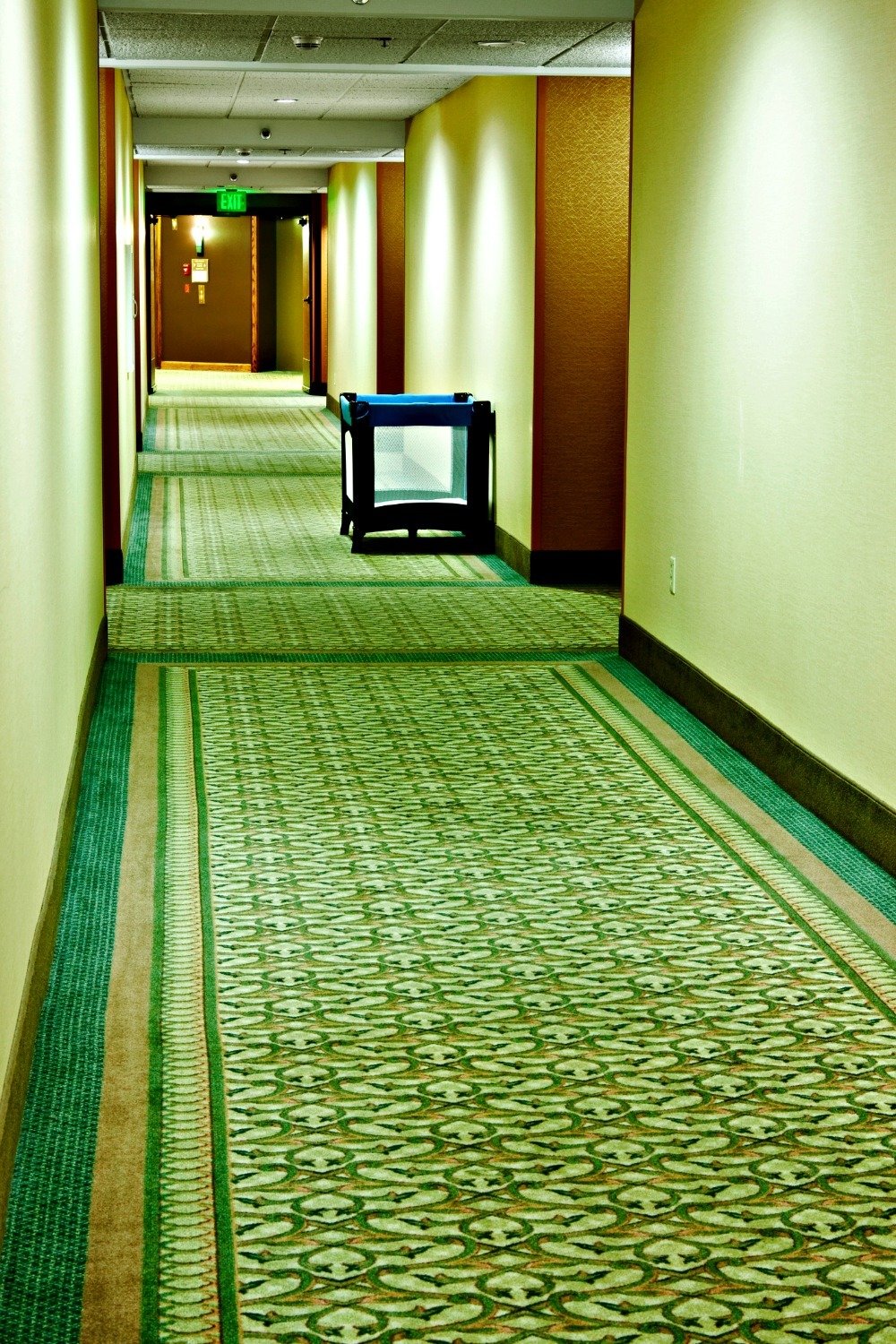
If you're staying at a hotel, call ahead and see if they have cribs available for guest use. Many hotels, especially large chains, do, and will have one already set up in your room when you check in and you won't have to lug one around with you through an airport or take up valuable cargo space in a car.
Infants: When in doubt, choose a baby carrier.
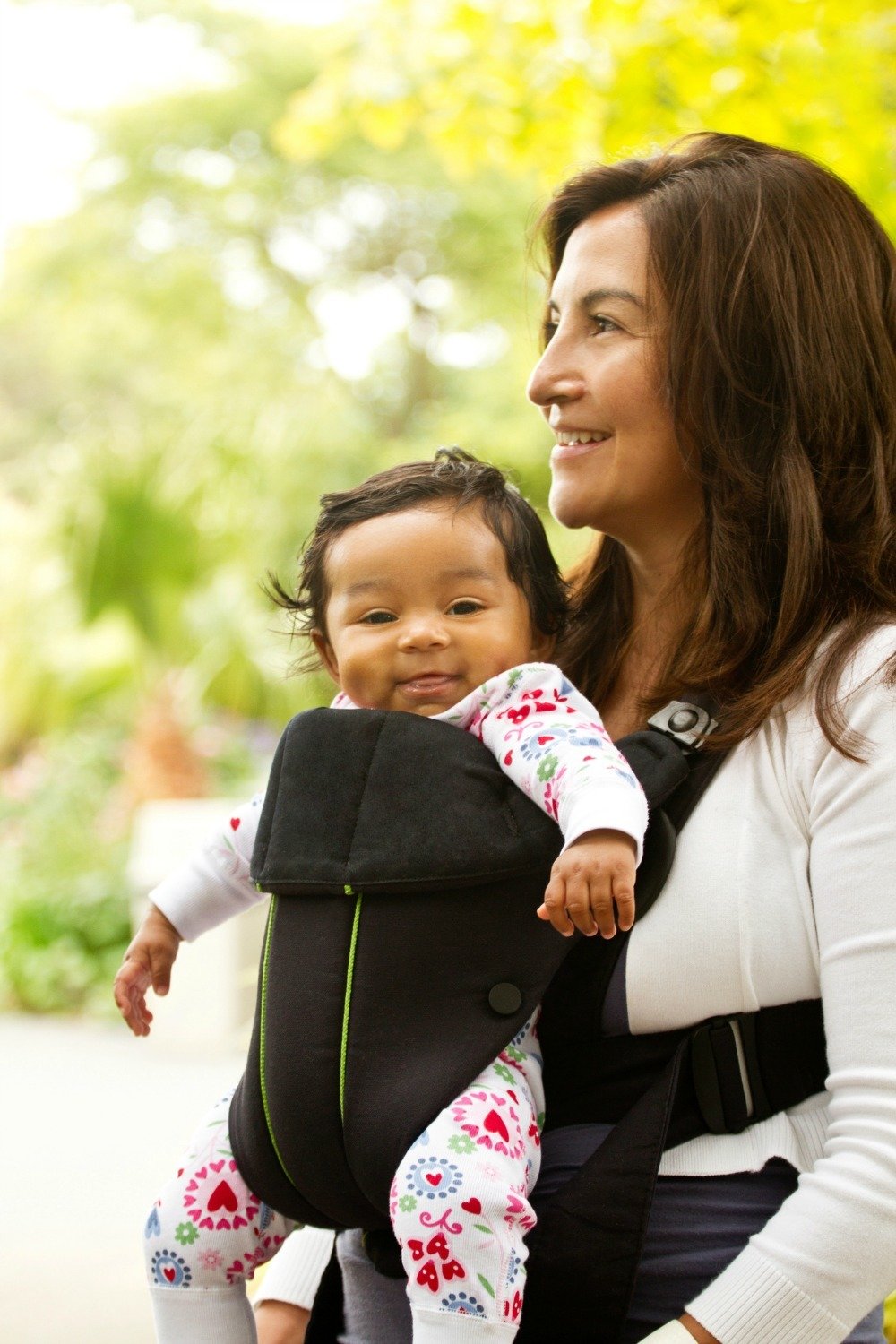
If you can't decide on bringing a baby carrier or a stroller, go with the carrier. They are lighter and more compact and allow you to get around hands-free with baby in tow which is especially useful if you have other children to look after. Plus, many city streets, rural, and beach areas do not have great terrain for strollers.
Infants: Be prepared for take-off and landing.
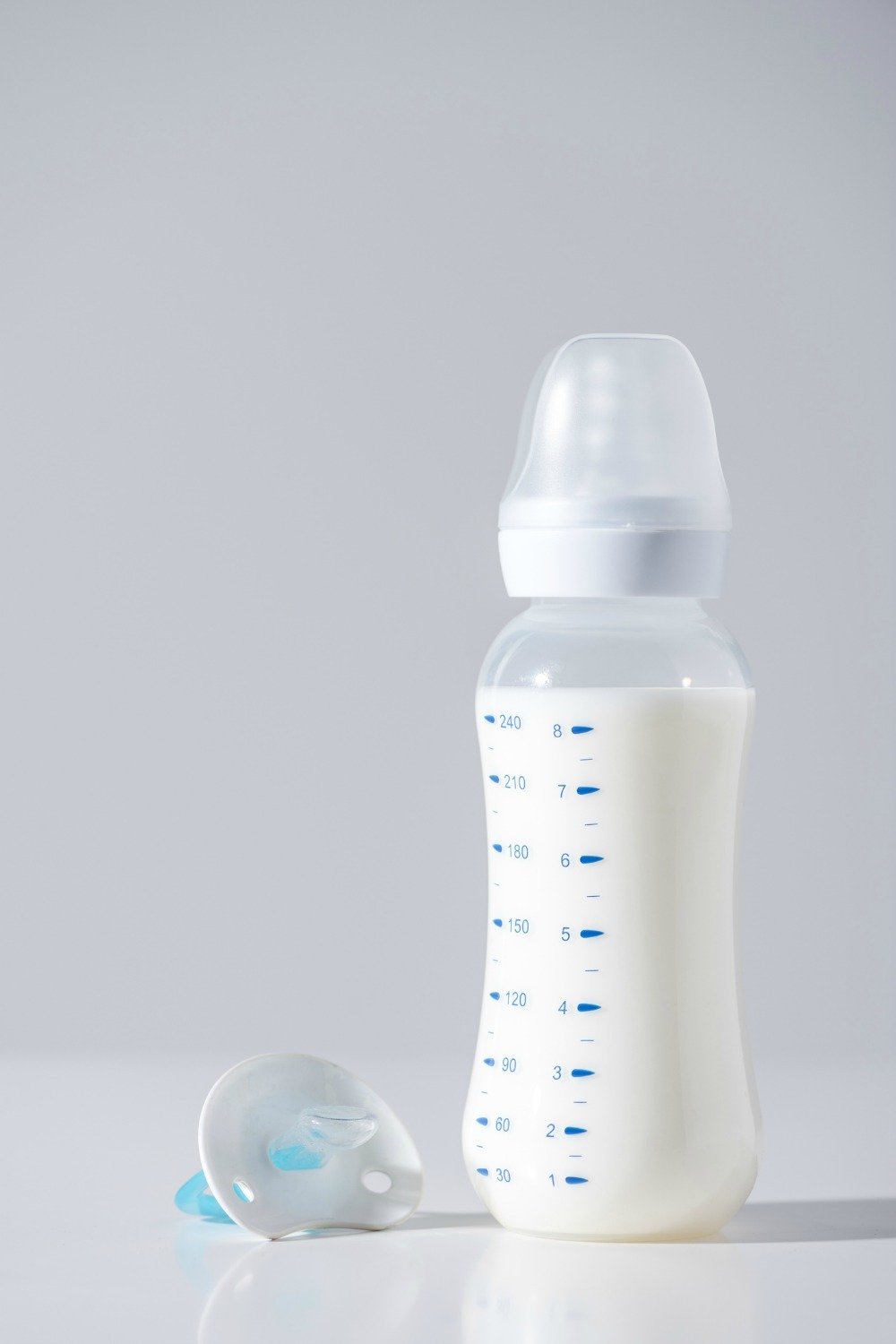
To help keep baby from experiencing any ear pain during take-off and landing in an airplane, or even if you're driving through mountainous areas, be prepared to nurse your baby, or offer a bottle or a pacifier at that time. The sucking motion helps relieve some of the pressure.
Infants: Butter up the flight attendants.
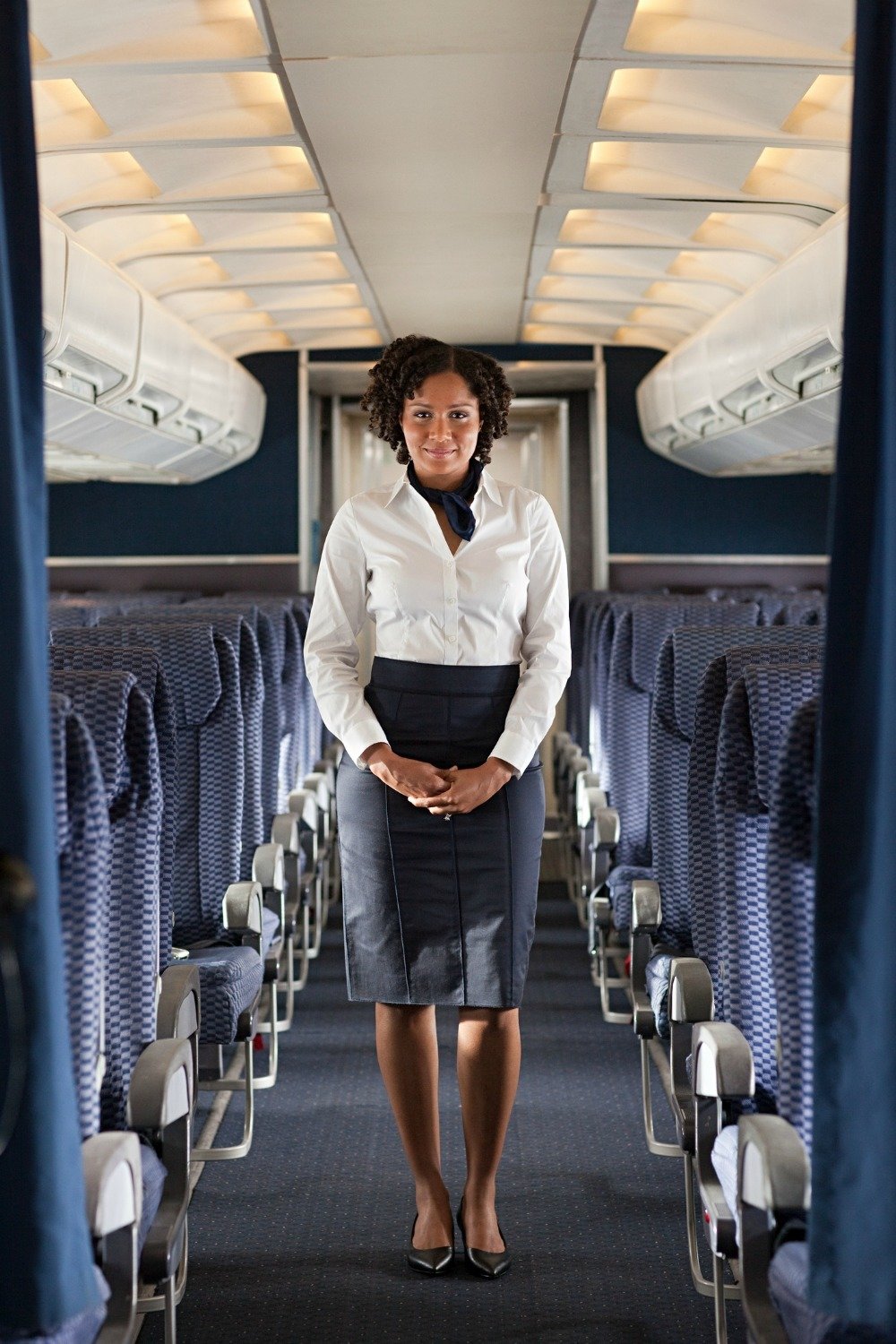
A flight attendant can be your best friend during a flight with a baby or a toddler. Make eye contact and extend a polite greeting as soon as you board the plane and with any flight attendant you encounter. Most will go out of their way to return kindness and help with anything you and your baby need. I can't tell you how many times flight attendants have welcomed me into their space to stand and sway my baby to sleep or offered up extra snacks. I even had one bring me a free glass of wine!
Toddlers: Timing matters.
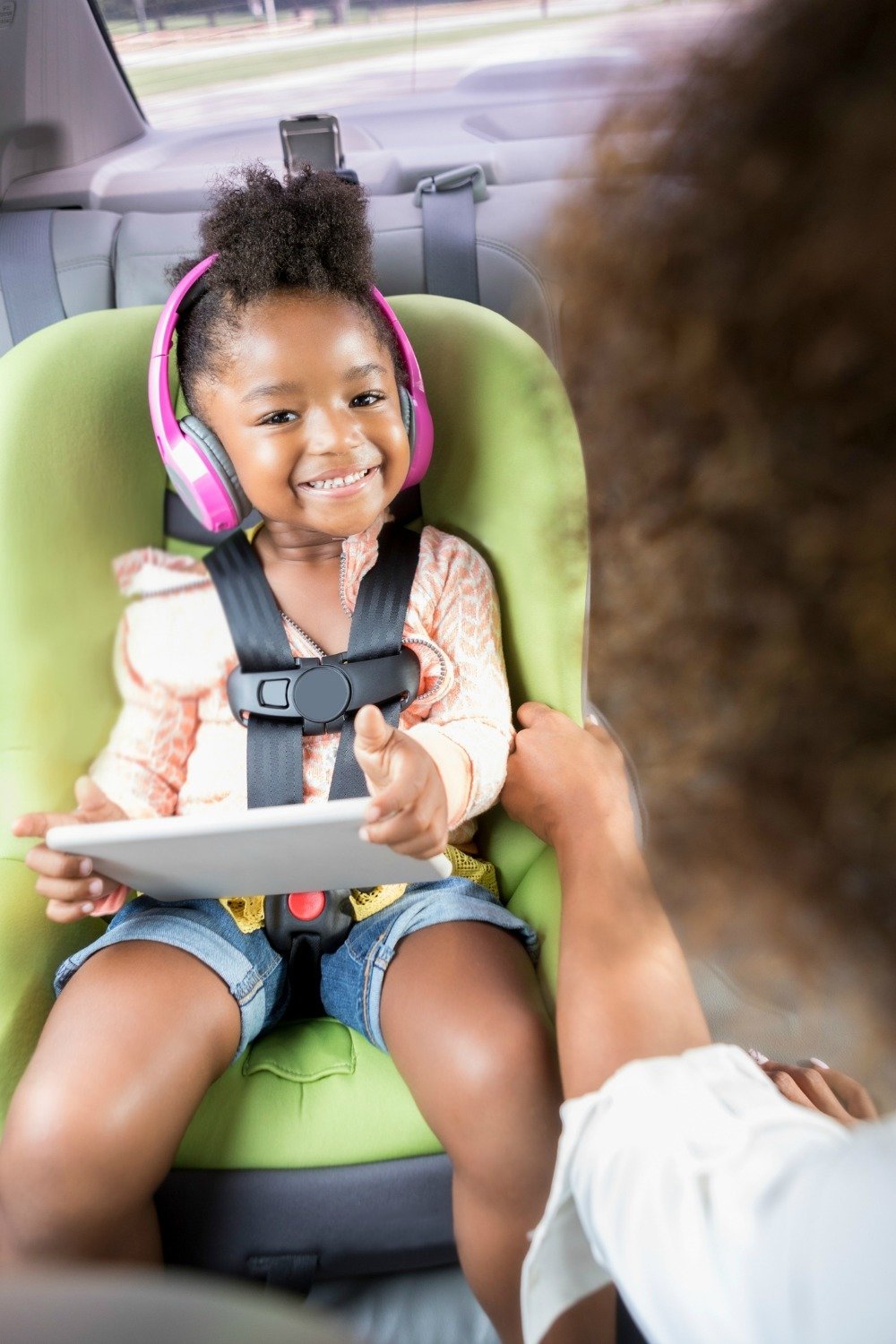
Toddlers can be a bit more flexible than older infants, but poorly timed travel plans can be a recipe for disaster. Try to plan flights or road trips for usual sleep/rest times rather than when your toddler is full of energy.
Toddlers: Don't let them get hangry.
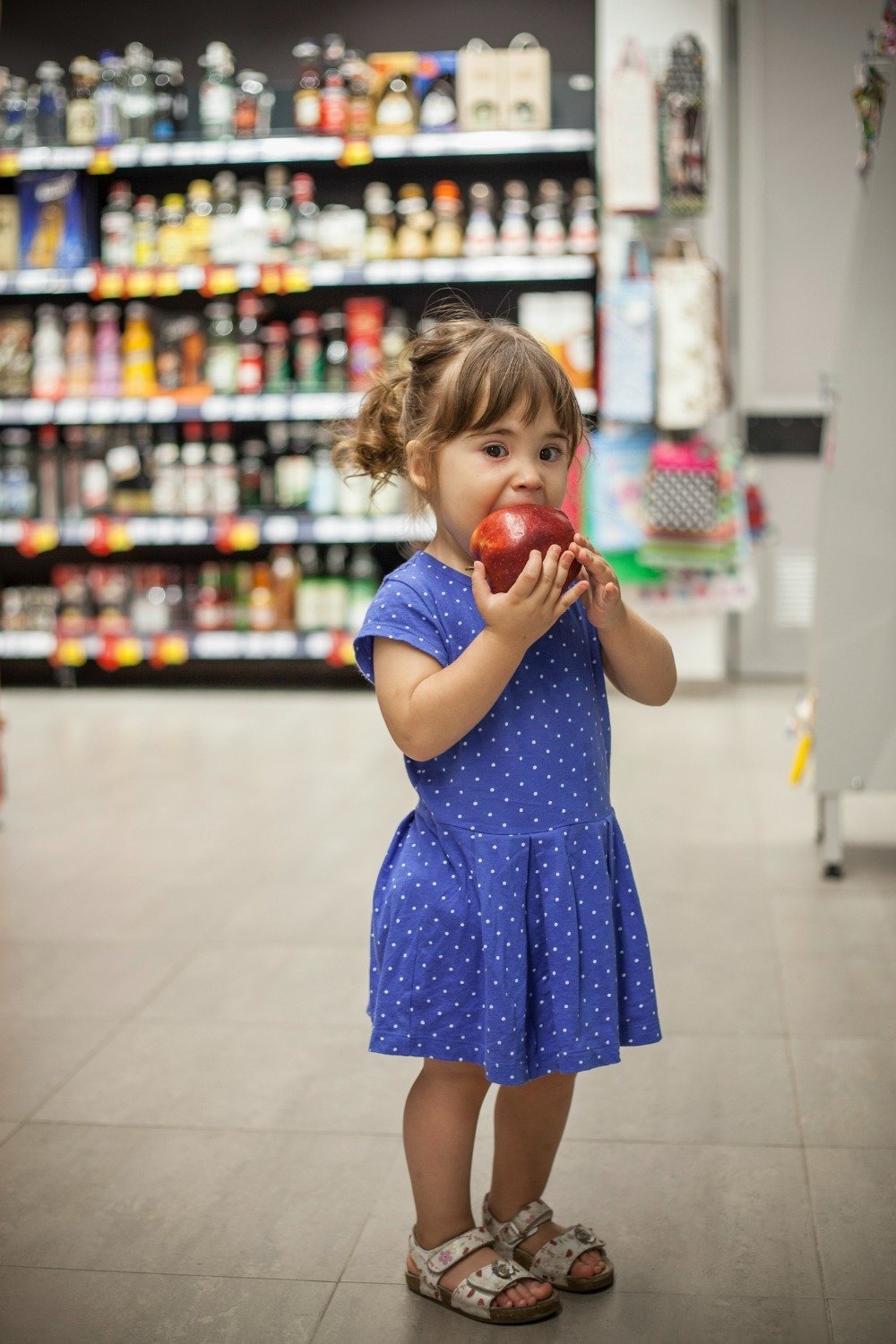
Hunger can be a major culprit when it comes to toddler meltdowns and when you're traveling meal and snack times have a tendency to get pushed off because of delays and long transits. Try to feed your child at least a little something before leaving home, during any driving breaks or while you're hanging around at the airport.
Toddlers: Pack emergency snacks.

The last time I flew with my kids we ended up having to pick up our boarding passes at the gate, but when we got there the line was long and my kids started melting down. We had left home before dawn and they both fell asleep in the car so they hadn't eaten anything. One of them eventually managed to tell me they were hungry, and thank goodness I had a thought to throw a bag of dried mango in my purse. It held them over until we were able to grab some breakfast, and stopped the meltdowns completely.
Toddlers: Do your best to keep routines in place.
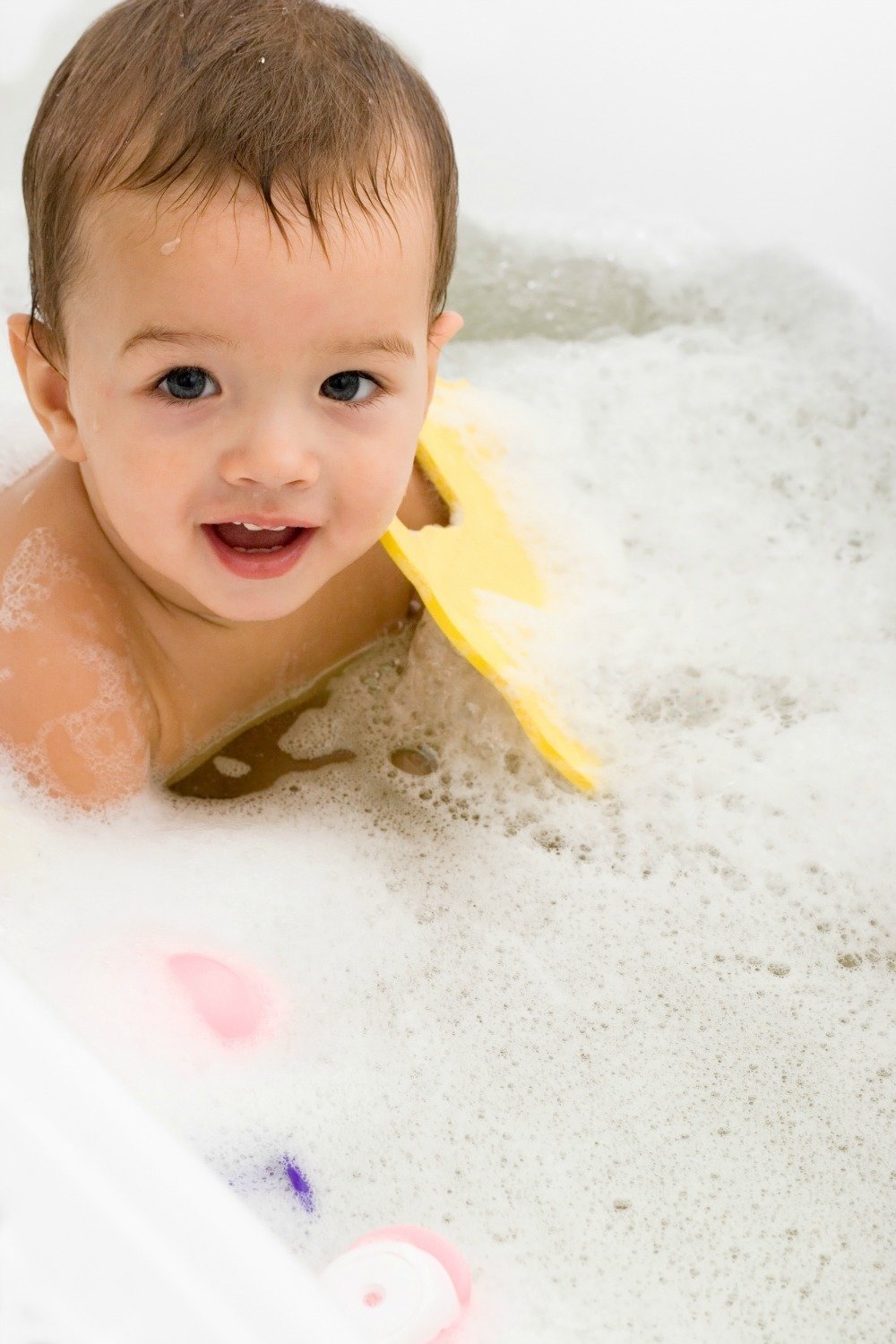
Toddlers thrive on routine, so having at least the essential elements of your normal routine in place can be comforting when you're traveling. So if you usually do a bath and story before lights out, or give your child a cup of milk first thing in the morning, make sure the prepare to do the same when you're traveling.
Toddlers: Hit up a grocery store upon your arrival.

One of my tried and true tips is to always make a grocery store one of your first stops upon arriving at your destination. On longer trips I only pack a couple of days' worth of diapers, wipes, and snacks to keep luggage light, and then purchase whatever else I need at the grocery store. And I always buy a jug of milk, bottled water, some fresh fruit, and snacks to keep in our accommodations as well. That way hungry or thirsty toddlers don't have to get cranky waiting to get out the door.
Toddlers: Avoid sugary snacks and drinks.

Make sure you have plenty of snacks on hand to keep your toddler from getting hangry both while you're in transit and when you're sightseeing, but try to avoid anything that has tons of sugar in it. Sugary snacks and drinks could lead to stomachaches, hyperactivity, and unpleasant sugar crashes.
Toddlers: Have some suckers on hand.

While I don't advise offering lots of sweets to placate a whiny toddler, it's a good idea to have a few small lollipops on hand. It can work to relieve ear pressure on an airplane or tame a meltdown in emergency cases.
Toddlers: Bring baby wipes.

Even if your toddler is no longer in diapers, baby wipes are invaluable when you're traveling. You can use them wipe up messes on faces, hands, and gross public surfaces or even to rub out spots on clothes from spills.
Toddlers: Surprise them with a few new toys.
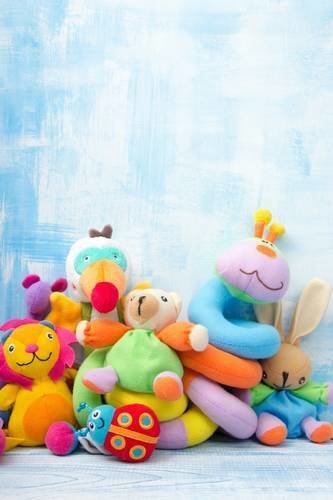
Toddlers have undeniably short attention spans and can get bored quickly on a plane, in a car, at a restaurant, or waiting in line at attractions. Consider buying a few brand-new toys to surprise them with (one at a time) when they're getting antsy and irritated in these common travel situations.
Toddlers: Bring along a sippy cup.

Bring an empty sippy cup from home any time you travel with your toddler. It will save you the stress of attempting to avoid spills or having to clean them up when you're traveling and subject open cups or flimsy straws and lids.
Kids: Let them help with planning.

You know how your kid is really good at finding toy review videos on YouTube? She can use those same skills to help you find fun things to do on your next trip. Getting kids involved in the travel planning will get them super-amped for new adventures. Let your kiddos research and choose a couple of your vacation activities to help get them excited about it.
Kids: Give them a chance to earn an allowance.

Even if you don't normally have an allowance system with your child, leading up to your trip you should give him a chance to earn some vacation spending money. We like to give our son bonus chores with set dollar amounts for each he completes in the weeks leading up to vacation and then we put aside his earnings for him. When he wants a souvenir on our trip, he can decide what he would like to spend his money on.
Kids: Prepare them for the process.
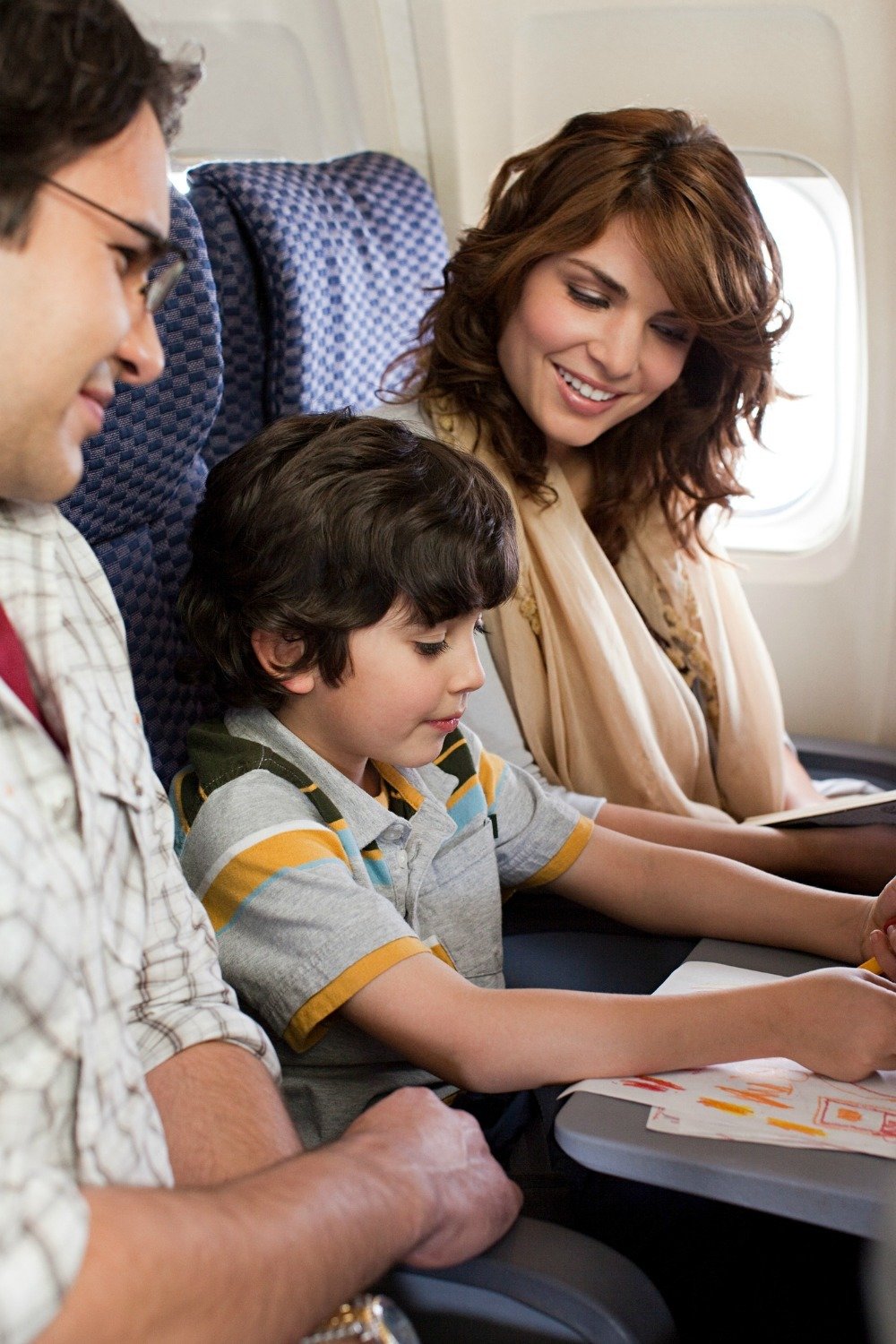
If your big kids have never flown in an airplane–or it's been a while–you should take some time before your departure to mentally prepare them for the process of getting to the airport, going through security, waiting, and most importantly, what to expect on the plane. Older kids can have real fears and anxieties about these things, so it's important to prepare and comfort them.
Kids: Go over rules and safety practices ahead of time.

Before you set out on your trip, sit your child down and discuss your family's travel rules with them ahead of time so that she can make her best effort to behave well from the very beginning. It's also a good idea to go over safety rules and what she should do if she ever gets separated from you.
Kids: Help them keep a travel journal.
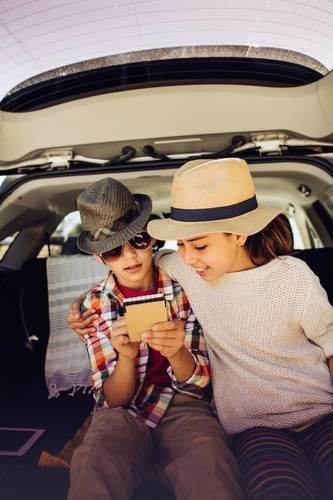
Give your kids a blank notebook and instruct them to keep a travel journal. Keeping a travel journal keeps kids engaged, thinking, reflecting and, best of all, occupied for long stretches of time. It's also a great souvenir.
Kids: Make sure they rest.

Big kids need rest, too! Once you're out of the baby and toddler stages, it can be tempting to push your kids to their limits when you're on vacation, but you need to build in some rest time for older kids as well. Pretty much anyone can become cranky and unreasonable when they're exhausted, so it's important to be mindful of your older kids if you want to keep everyone as happy as possible.
Kids: Don't let them run completely wild.
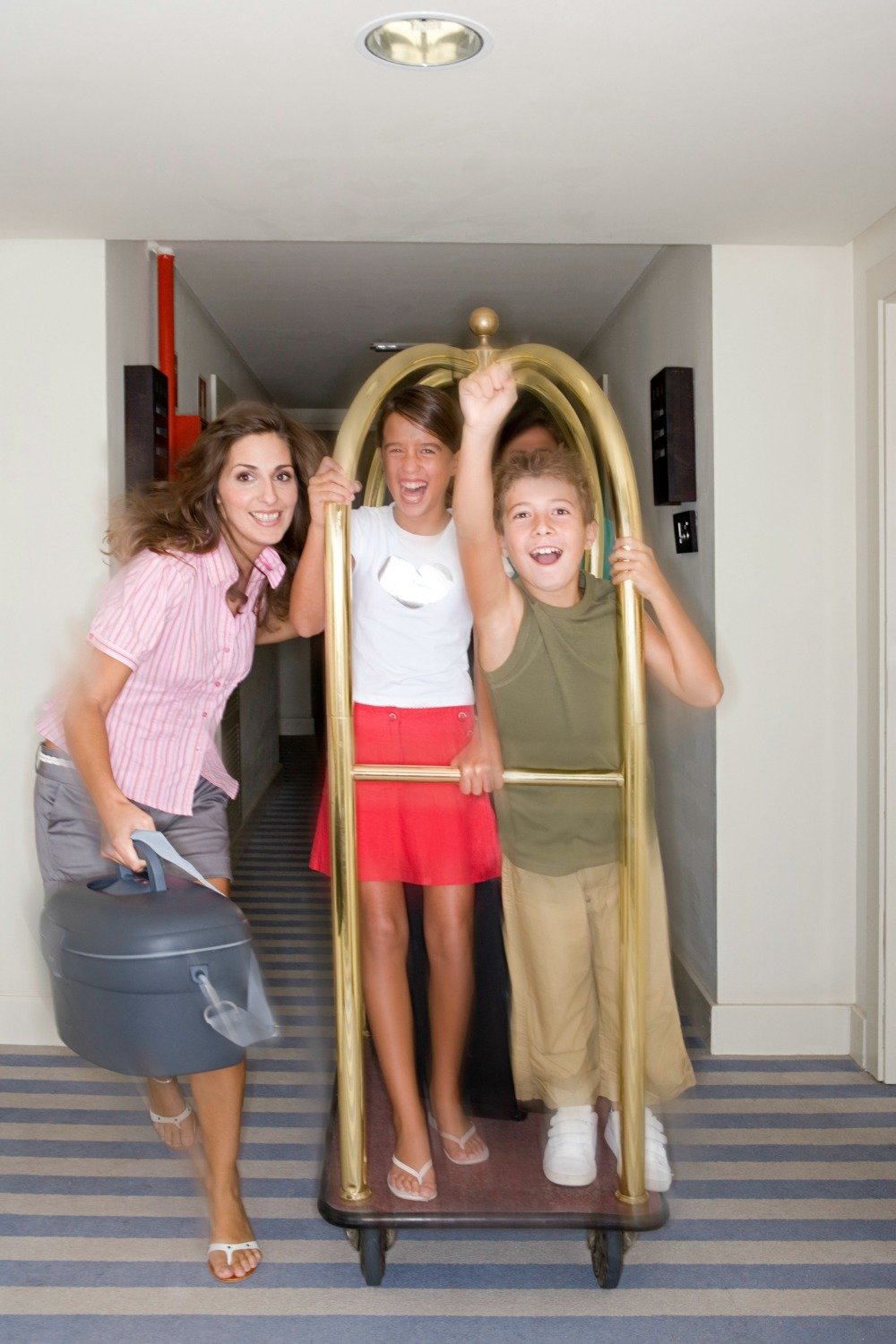
Everyone wants to have fun and freedom on vacation, but letting your kids go completely wild can put a huge damper on that. Make sure they are not running through places of interest at high speed. Don't let them stay up hanging out loudly in hotel halls until all hours. Also, encourage them to speak at a normal volume even when they're excited. Getting kicked out or complained about will just make everyone unhappy. Manners still matter on vacation.
Kids: Embrace electronics.

Even if you impose strict screentime limits at home, loosening up on vacation can prove helpful. Long waits in airports, in the car, at restaurants and attractions can make even older kids cranky. Plus, if you're busy running around and enjoying the sights all day, your kids are likely to need a quiet refuge every once in a while. Let technology be your ally when you're traveling.
Kids: Let them fill a carry on.
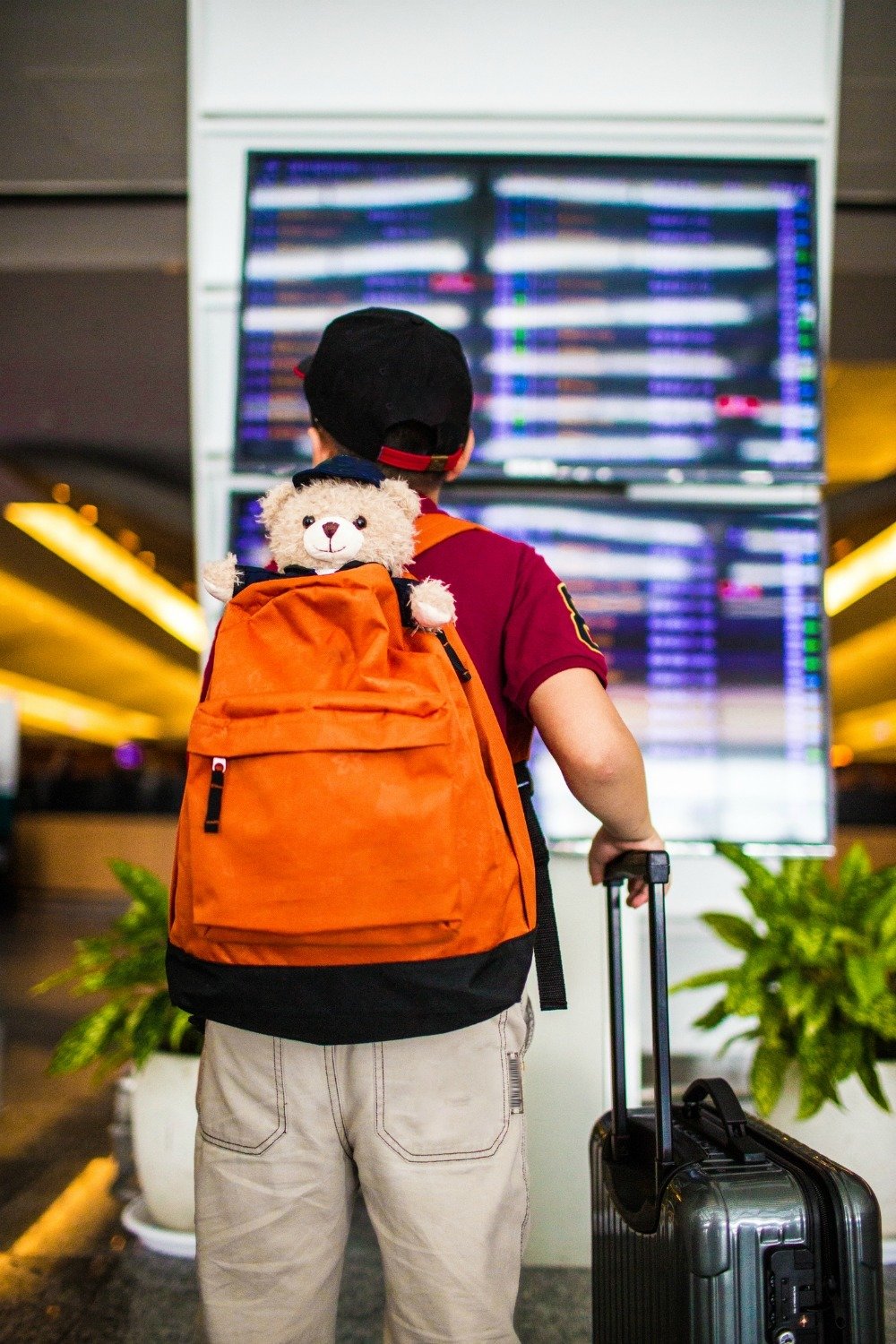
Give your kiddos the freedom to pack their own carry on (a backpack is perfect), with stuff that they would like to do/use on the flight and at your accommodations. Of course, you'll check it before leaving to make sure it meets TSA regulations, but if your child can bring the things he wants, he's much less likely to complain of boredom. I've been doing this with my 6-year-old for about a year and he loves it.
Kids: Keep chewing gum handy.
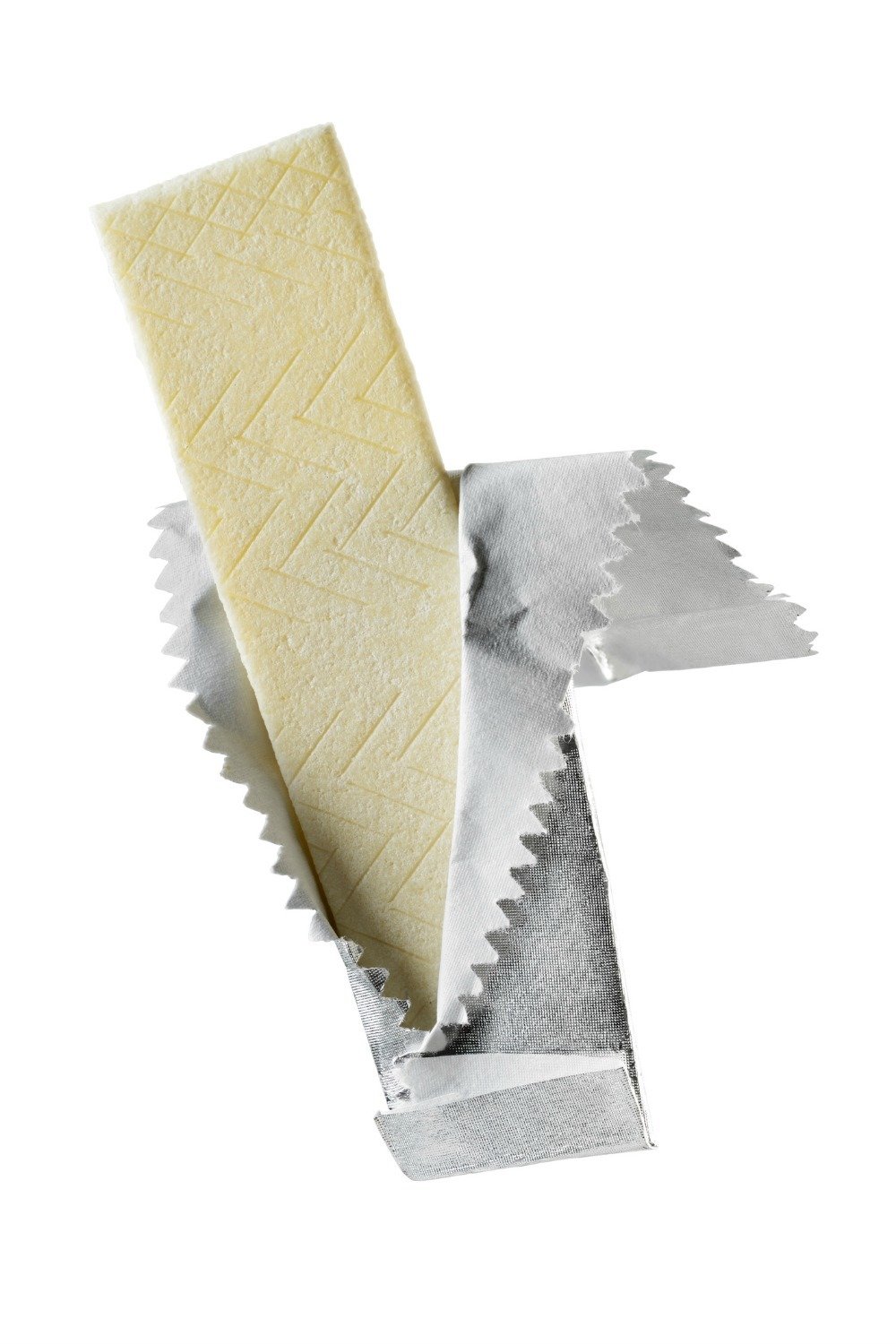
Chewing gum can come in handy for kids when you're traveling. Chewing during take-off and landing on an airplane can help relieve pressure in the ear, and chewing minty gum can also ward off motion sickness in cars and on boats.
Teens: Assign your teen a planning task.

Giving your teen who might otherwise be ambivalent about family travel a trip-related task may help her feel more invested in your vacation. Because teens are so inherently tech-savvy, you might put them in charge of finding the best flight and hotel deals or booking tours and reservations.
Teens: Allow them to invite a friend.

Teens are often much more excited to spend time with friends than they are with family. While you may think of your family vacation as a time of bonding, letting your teen invite a friend along may sweeten the pot and give her a much happier outlook. If you can afford to front the bill, offer to. If not, the other parent can make the choice.
Teens: Let them have a say.

Teens are old enough to be allowed to throw out some ideas regarding your next family vacation. Let them help brainstorm possible destinations, activities, and sights, and then follow through by doing some of what they proposed. Teens love to feel heard. It can make them a lot more pleasant to be around, too.
Teens: Ask your teen to be the family photographer.

These days, most teens know their way around a camera and photo editing software. Ask your teen to take charge of documenting your next family vacation with photos and videos. Most will love the chance to show off their skills.
Teens: Don't pack for them.

Traveling should be fun, but it should also be a learning experience. Make sure your teens pack their own bags so they can learn how to do it efficiently, but also learn to be responsible for their own needs or belongings. Of course, offer advice as needed and if they forget any essentials, help them purchase them at your destination.
Teens: Give them some alone time.

Most teens need a bit of alone time every now and then, and can get pretty moody if they don't get it. Whether your teen wants to go back to the room for a little while, take a walk by himself, or simply go for a solo swim, let him, as long as it's safe. Just be sure to set clear boundaries for what he can and can't do and when you expect to see him again. And of course, a teen's cellphone should always be on.
Teens: Don't stack the itinerary.

It's very likely that your teen will get bored after visiting museum after museum, but it'll be a lot more tolerable for her if you factor in some time for spontaneous exploring and sightseeing. Make sure you leave room for that each day or plan out one day and leave the next open.
Teens: Don't be offended when they are on the phone.
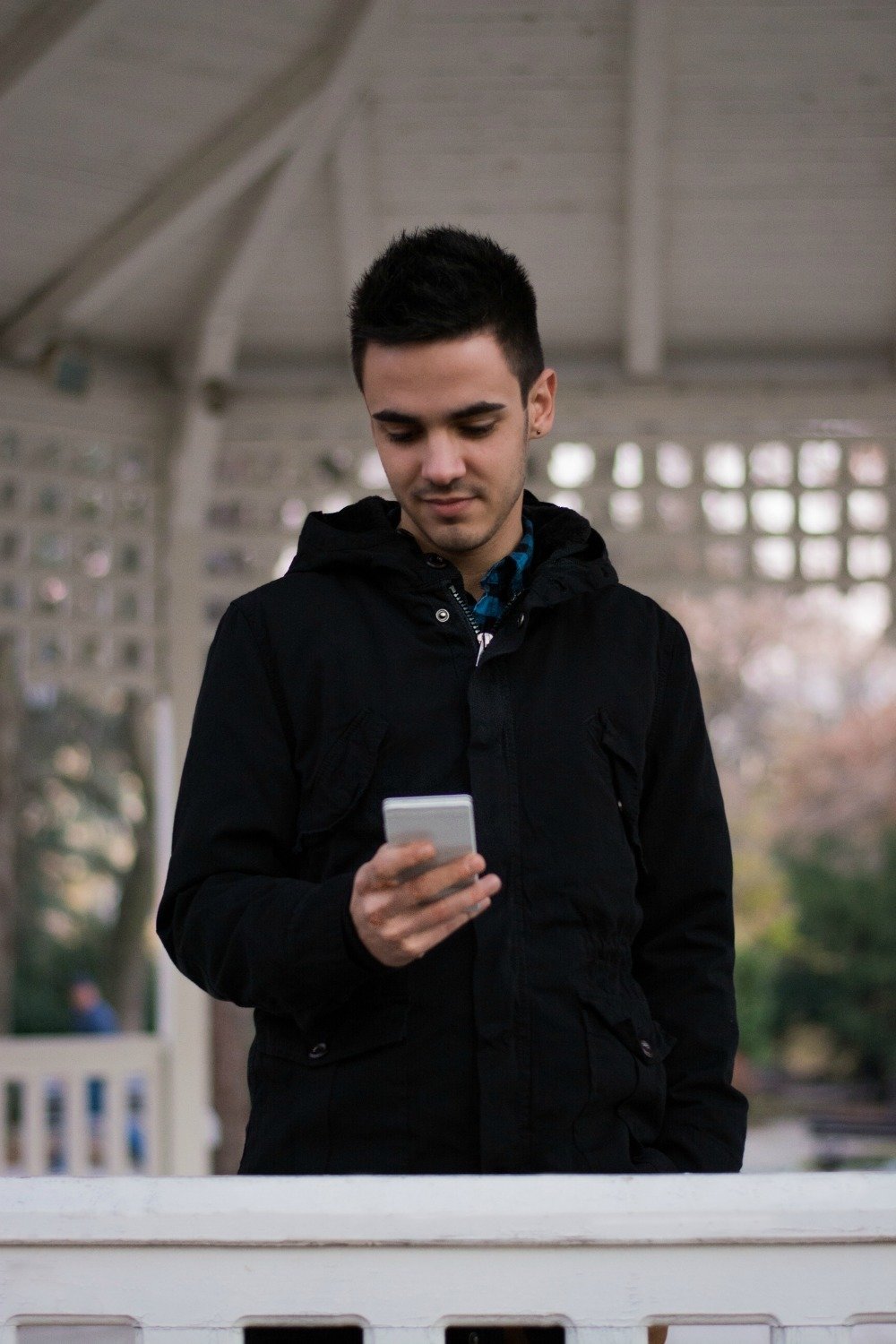
It can be hard not to feel annoyed when you're trying to bond as a family and your teen won't put down the phone, but try not to get too upset. It's your teen's vacation, too, and sometimes texting with friends is comforting to them because even if they are having a great time, they don't want to miss out on what they're teens are doing back home. Try to be patient.
Teens: But do set boundaries.

One way to avoid losing it over the texting, is to set some boundaries ahead of time. For example, you can instruct your teen not to use the phone at mealtime or when you are visiting museums or places of worship.
Teen: Be aware of drinking laws.

In many countries outside of the US, the legal drinking age is 18 rather than 21. Make sure you know before arriving in your destination and discuss this with both the other parent and your child. You should know whether you're OK with your older teen having a glass of wine or a beer with you on vacation before sitting down at a restaurant and being put on the spot.

